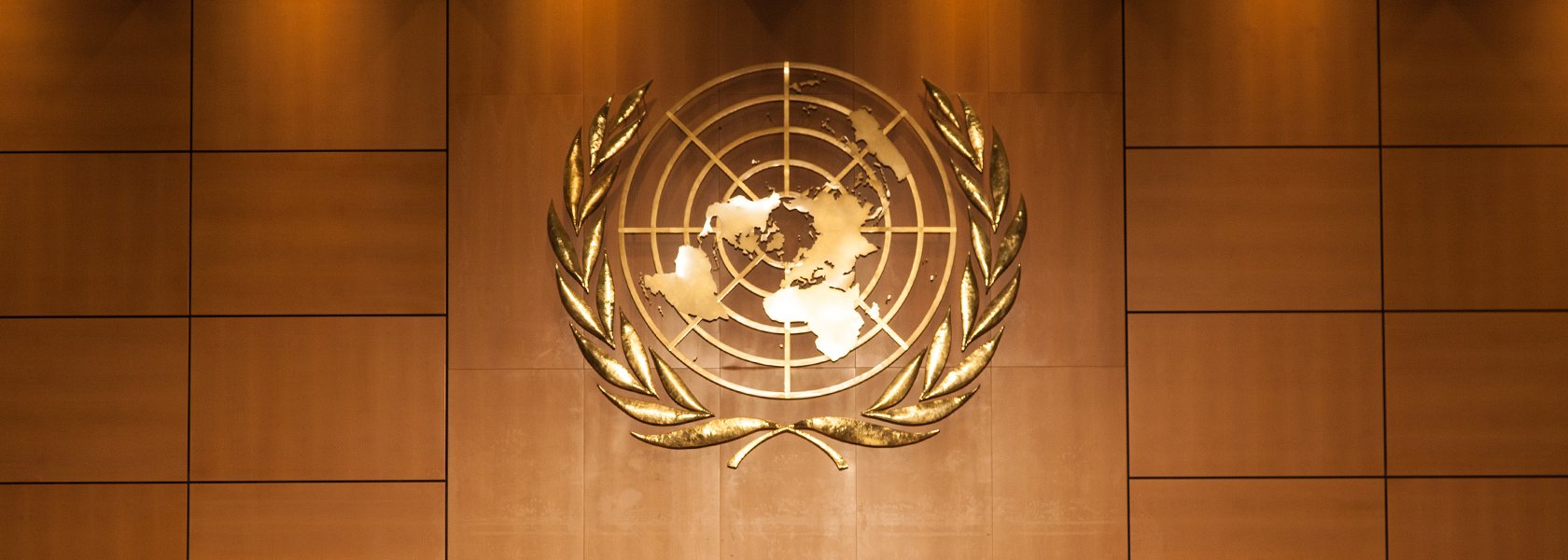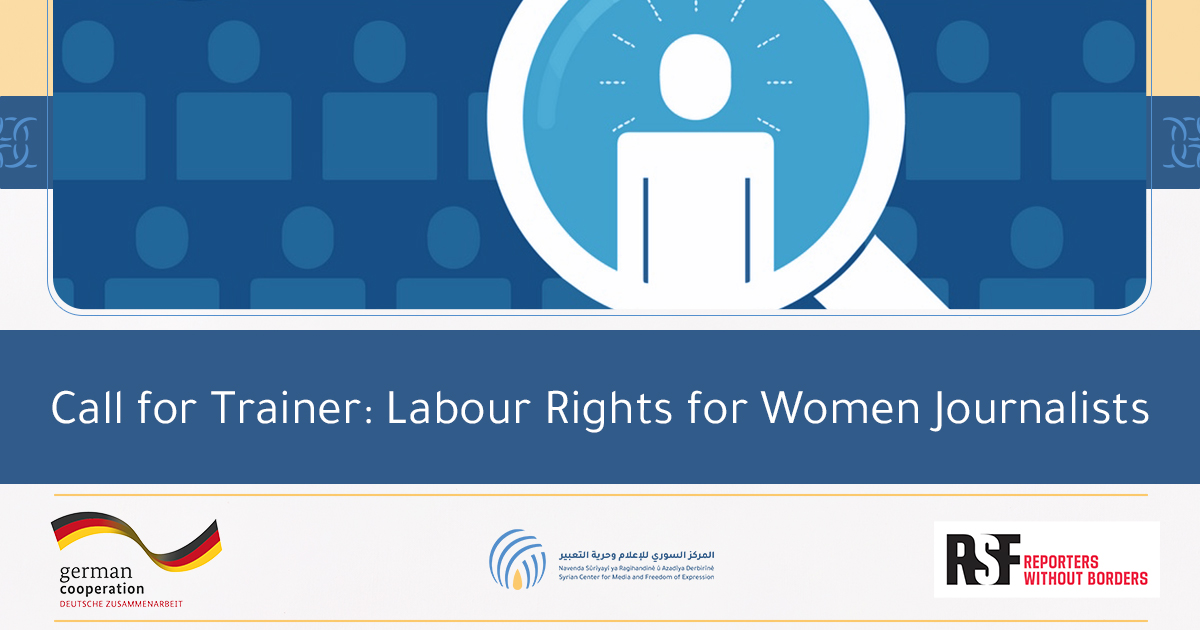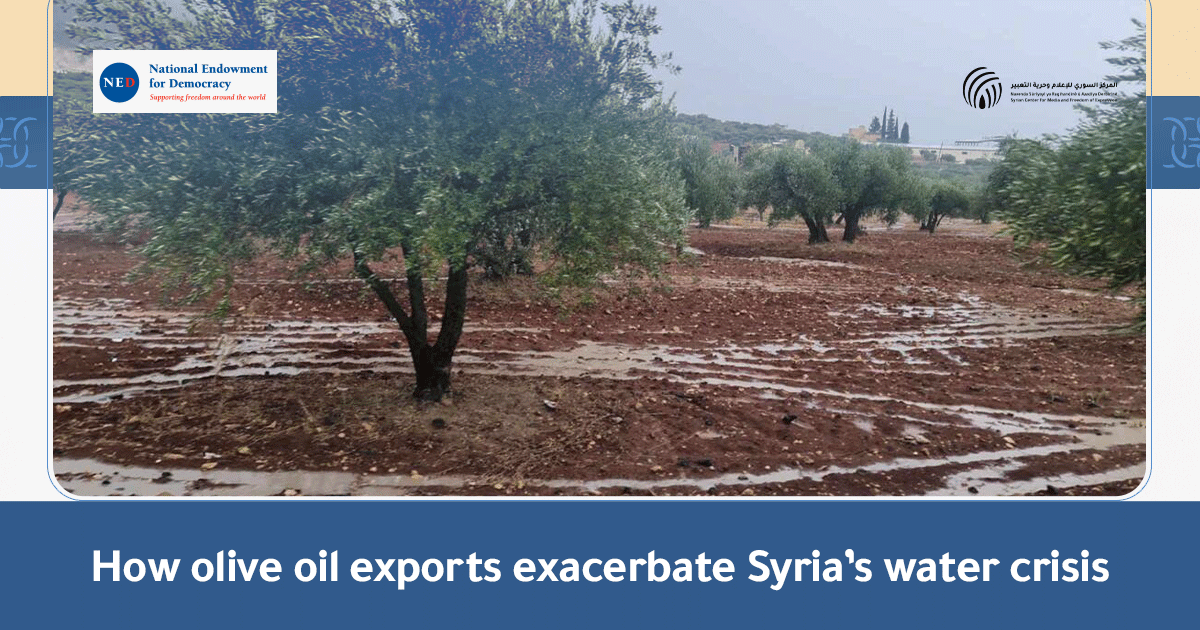“Over the past year, FIDH has been researching the UN counter-terrorism architecture and its human rights impact. We see this new Office as an opportunity to centralize the promotion and protection of human rights in counter-terrorism work. However, we are deeply concerned by the accelerated creation of the OCT in its current proposed format. Further, we have not seen any serious debate over its terms of reference, or mandate. This situation might result in mere cosmetic changes and eventually we are facing the serious threat of having a denigrating effect on the protection of human rights while countering terrorism.”
The initial proposal of the Secretary-General was submitted to the member states in February 2017 and the latter were asked to submit their recommendations in writing over the following weeks. However, only 28 states and three organisations contributed recommendations. The Secretary-General’s report was released on the evening of April 11th, 2017, weeks ahead of schedule, before it was even circulated to the Counter-Terrorism Implementation Task Force (CTITF) entities. The President of the General Assembly (PGA) subsequently called for another meeting regarding the adoption of the report on April 26th.
Procedurally, not all member states agreed on the way forward for the creation of the OCT. Following the presentation of the report on April 12th, the PGA outlined two options for the UN General Aseembly (UNGA) to move forward with the creation of the Office and the appointment of the USG.
- A PGA-led mediation to adopt a short technical resolution that would welcome the Secretary General’s report. This would ensure that the OCT would be created as soon as possible after the UNGA’s Fifth Committee agrees on its budget during its upcoming session in May. or
- A co-facilitated process that would stretch into the 72nd UNGA session to debate the elements of the report and determine how it would move forward
During the initial responses from member states, members of the Organization of Islamic Cooperation (OIC), mainly Saudi Arabia and Egypt, leaned towards favoring the second option, arguing that they needed more time to consider the modalities of the Office’s set-up. It is worth recalling that the OIC has a financially vested interest in the future of the OCT as Saudi Arabia is the main funder of UN Counter-terrorism [3]while Egypt is determined to remain a key player once it leaves the Chairmanship of the Counter-terrorism Committee at the end of 2017.
Russia, on the other hand, is more inclined to favor a quick proceeding through the adoption of a short technical resolution. This is not surprising given that Russia seems to be the only member-state likely to suggest a candidate to assume the position of the USG on Counter-Terrorism and thus expand its already significant influence within the overall structure.
Major change is needed in the counter-terrorism architecture to overcome silos, overlapping mandates, and enhance coordination among all entities. However, we believe that rushing the process would be a mistake as we see a number of shortcomings in the Secretary General’s proposal that should be addressed before effectively establishing the OCT:
![]() The sustainability of the OCT should be more explicitly outlined in the proposal. The proposed OCT does not have guaranteed financial stability for its staff and operations : currently, 29 of the 35 staff will be funded through extra-budgetary resources, instead of the regular UN budget.
The sustainability of the OCT should be more explicitly outlined in the proposal. The proposed OCT does not have guaranteed financial stability for its staff and operations : currently, 29 of the 35 staff will be funded through extra-budgetary resources, instead of the regular UN budget.
![]() The proposal laid out in the SG’s report does not clearly stipulate the working relationship between the OCT and Security Council entities apart from “close relationship.” In order to ensure transparent structured cooperation, more detail is needed on the nature of this cooperation.
The proposal laid out in the SG’s report does not clearly stipulate the working relationship between the OCT and Security Council entities apart from “close relationship.” In order to ensure transparent structured cooperation, more detail is needed on the nature of this cooperation.
![]() The report does not detail any information regarding the criteria for the appointment of the USG position besides that it will “ensure that he/she is qualified and experienced in the context of counter-terrorism, including Preventing Violent Extremism” even though the Global Counter-Terrorism Strategy (GCTS) is clear that “protection and promotion of human rights for all and the rule of law are essential to all components of the strategy” [4]. This should be particularly considered with regards to the record of the candidates’ country of origin on protecting human rights while countering terrorism.
The report does not detail any information regarding the criteria for the appointment of the USG position besides that it will “ensure that he/she is qualified and experienced in the context of counter-terrorism, including Preventing Violent Extremism” even though the Global Counter-Terrorism Strategy (GCTS) is clear that “protection and promotion of human rights for all and the rule of law are essential to all components of the strategy” [4]. This should be particularly considered with regards to the record of the candidates’ country of origin on protecting human rights while countering terrorism.
![]() Independent human rights organizations, whose activities increasingly confront counter-terrorism contexts, should be consulted not only in the current process of establishing the OCT, but also in order to provide additional evaluation of the human rights compliance of UN counter-terrorism activities, along with a greater involvement of the Office of the High Commissioner on Human Rights.
Independent human rights organizations, whose activities increasingly confront counter-terrorism contexts, should be consulted not only in the current process of establishing the OCT, but also in order to provide additional evaluation of the human rights compliance of UN counter-terrorism activities, along with a greater involvement of the Office of the High Commissioner on Human Rights.
Source: UN





